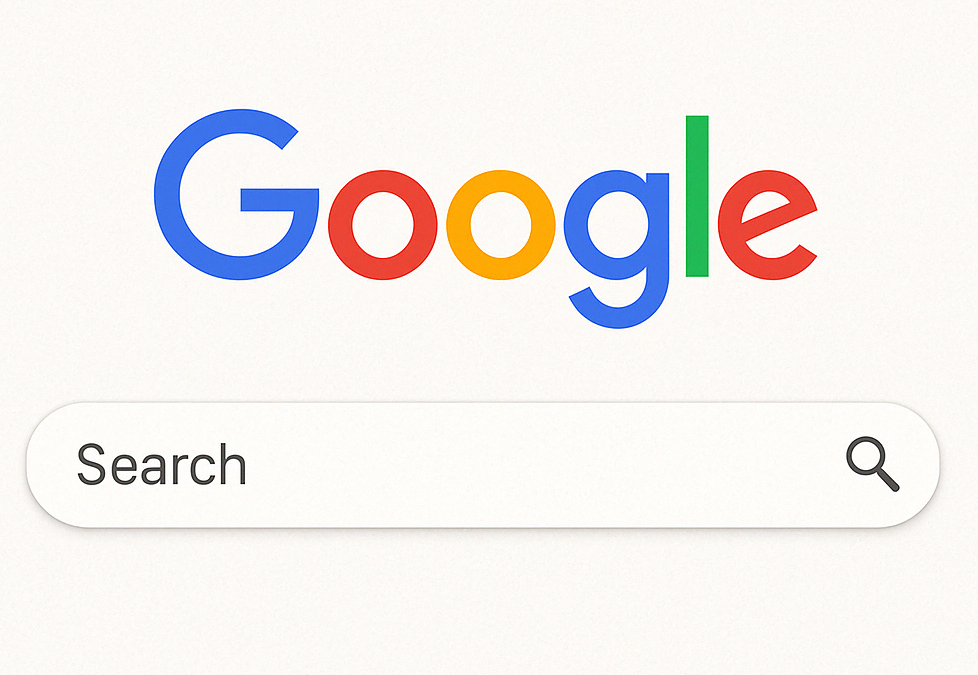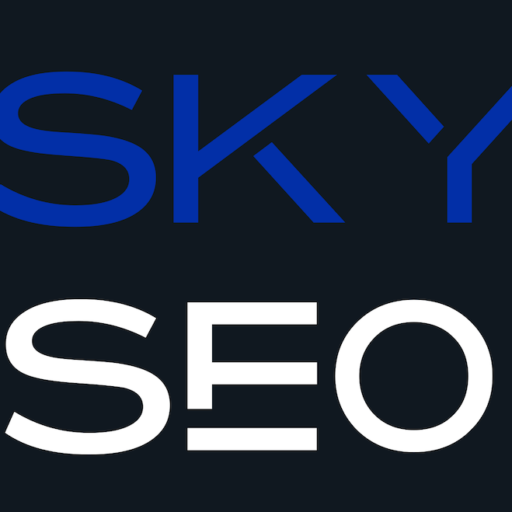Article Summary
- Google’s Shift in Search: Former Google CEO suggests future AI search engines might not display traditional web links.
- Purpose Redefined: The focus will shift from presenting links to organizing and directly providing relevant information.
- Impact on SEO: This change could dramatically alter search engine optimization strategies.
No Traditional Web Links
Google’s evolution in search technology, guided by insights from former CEO Eric Schmidt, indicates a significant shift towards AI-driven solutions without traditional web links. This movement aims to transform how information is structured and delivered, focusing on direct content provision rather than simply directing users to external websites.
Google’s New Direction in Search
Eric Schmidt, former CEO of Google, has articulated a vision for the future of search that diverges from the conventional link-based model. According to Schmidt, the objective of search engines should transition from displaying links to effectively organizing and delivering information directly to users. This change is expected to leverage AI to synthesize and present data more efficiently, potentially eliminating the need for users to sift through multiple web pages.
Impact on SEO and Web Traffic
The proposed changes to how search engines operate could drastically alter search engine optimization (SEO) strategies. As the importance of direct links diminishes, the focus for content creators and marketers might shift towards optimizing for direct answers and AI-friendly content formats. This could lead to a decrease in traditional web traffic and force a rethink of how websites engage with search engines.
Monetization and Policy Influence
Eric Schmidt has been instrumental not only in advocating for AI’s role in search but also in shaping public policy regarding AI. His influence extends through his philanthropic and investment efforts, particularly in AI startups and public sector advisory roles. This involvement underscores a broader strategy to align technological advancements with regulatory and economic frameworks, ensuring that AI development supports strategic national interests, such as maintaining competitiveness against global tech leaders like China.
Key Takeaways
- Strategic Shift in Search: Google is exploring ways to utilize AI to revolutionize the search process, focusing on information organization and direct delivery rather than traditional link displays.
- SEO Evolution: The changes could redefine SEO practices, emphasizing content directly answerable by AI rather than link-based traffic generation.
- Economic and Policy Dimensions: Schmidt’s ongoing influence in AI policy and investment highlights the intersection of technology with economic strategy and public governance.
Not Surprising Prediction
Give Schmidt’s recent interview, it’s no surprising that “blue links” we’re used to seeing the Google search results could be going away: “It’s pretty important to understand that Google is not about blue links, it’s about organizing the world’s information. What better tool than the arrival of AI to do that better. Do you think you can monetize that? You betcha.”
And this tracks given Google’s history as well as the rise of generative AI. So many search results appear in the knowledge graph, answer box, or are now generated by AI via Gemini, that it’s only a matter of time until individual websites will have less value, and the goal of Google searches will simply be to find answers or information in real time right within the SERP’s.
Redefining Search
As AI continues to evolve, its integration into search technologies promises to redefine how information is accessed and utilized. This progression, championed by visionaries like Eric Schmidt, not only anticipates a more efficient and direct interaction with digital information but also reflects broader shifts in technology governance and global economic strategies.









